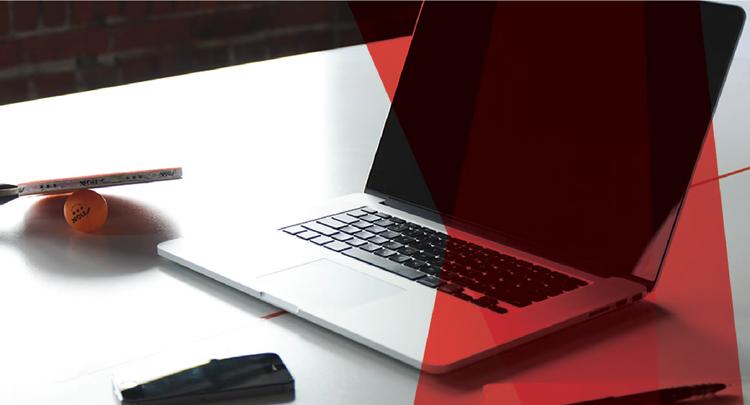Taking a Screen Break to Stay Focused

I know what you’re thinking. Taking screen-free breaks sounds great in principle, but how can a communications professional realistically unplug? The days of Mad Men are over. Smartphones reign supreme. And emails don’t answer themselves.
That’s one way to think about it. But there is a wholly other perspective to consider.
Information continues to flow about the beneficial connections between unplugging and healthier minds. Breaks don’t always need to constitute checking Facebook or iMessaging a colleague. I’m referring to a complete – even if brief – period of time devoted to giving your eyes a rest. Regardless of the approach, the concept remains the same: you don’t have to reinvent the wheel to reenergize your brain.
So, do you still think that there’s no time for this approach? There is. Always. Consider these suggestions:
- Take a different route. Most individuals’ workdays are rooted in some kind of routine. But in many cases, there are different means to an end. If you’re a fellow news junkie, read a newspaper instead of a monitor. Pick up a book instead of a tablet. Or – best yet – make a call instead of sending an email.
- Grab a pen. Among a number of wonky industry terms, there still exists one for “putting pen to paper.” Put this into practice. Where the opportunity allows, try taking notes. Jot down tomorrow’s priorities before you leave the office. There is even verifiable evidence of the cognitive benefits of doodling. Just not during a client or staff meeting.
- Get active. There are plenty of ways to – literally – think on your feet. At 19 Ideas, several team members get productive talk in through a game (or two) of ping pong. But there are other ways to transcend the Dilbert-esque watercooler break. Stretch your legs for a walk (or run). Grab a coffee (or tea, if that’s your bag). Discover a new street or even a hallway.
- Plan ahead. Great communicators are often also great planners. Treat your breaks like you could other calendar appointments. If they fall through, reschedule them. But when you treat screen-free time like a client or a project, you can stick to it with more confidence.
- Evaluate and adjust. The best communication plans have an analysis and evaluation component. Try applying this to your newfound outlook on breaks. After a period of time, evaluate progress. If things are disruptive, adjust and improve – but don’t abandon. The road to success always has a break. Now stop staring at this screen and pick up a pen.